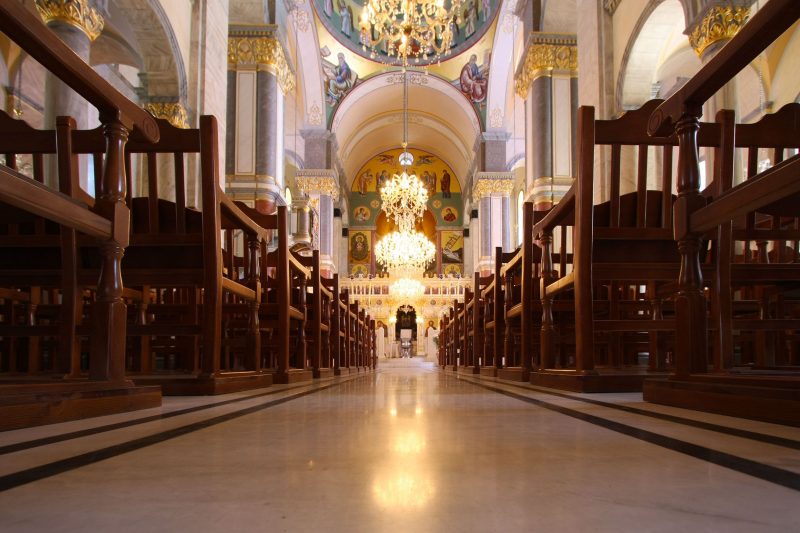The French Revolution began in 1789 and became a major turning point for European, and world history. The French had a variety of major effects, which can be felt to this day even in contemporary churches in Jacksonville. Here’s a bit of information about the revolution and its effects.
France Before Revolution: Prior to the revolution, France was divided into the estates, or class sections. The nobility and clergy, composed largely of the Catholic Church at the time, made up the first two estates, while the rest of France made up the third estate. This set up allowed the nobility and clergy to abuse the commoners, who had limited voice in government. After a major decline in living conditions, the French commoners took arms, thus beginning the revolution.
Effects on the Church: The French revolution significantly undermined the powers of the Catholic church- reducing it from a major governing power in Europe. Philosophers such as Locke and Rousseau, who believed strongly in separation of church and state, were at the forefront of the revolution. Their ideals were also applied to the American Constitution. Even now contemporary churches in Jacksonville have no right to make laws or to be part of local government in the form of a religious entity. Furthermore, the revolution demonstrated that the church should not oppress the people, which is why most contemporary churches in Jacksonville strive to help people rather than collect indulgences.
Interpretation of Scripture: Biblical scholars believe that the events of the French Revolution are a fulfillment of Daniel 7 and Revelation 13, which predicted the problems that the Catholic church would face. Thus, the French Revolution became a turning point for interpretation of scripture even in contemporary churches in Jacksonville. Other major prophecies in scripture are determined using the revolution as a reference point.





